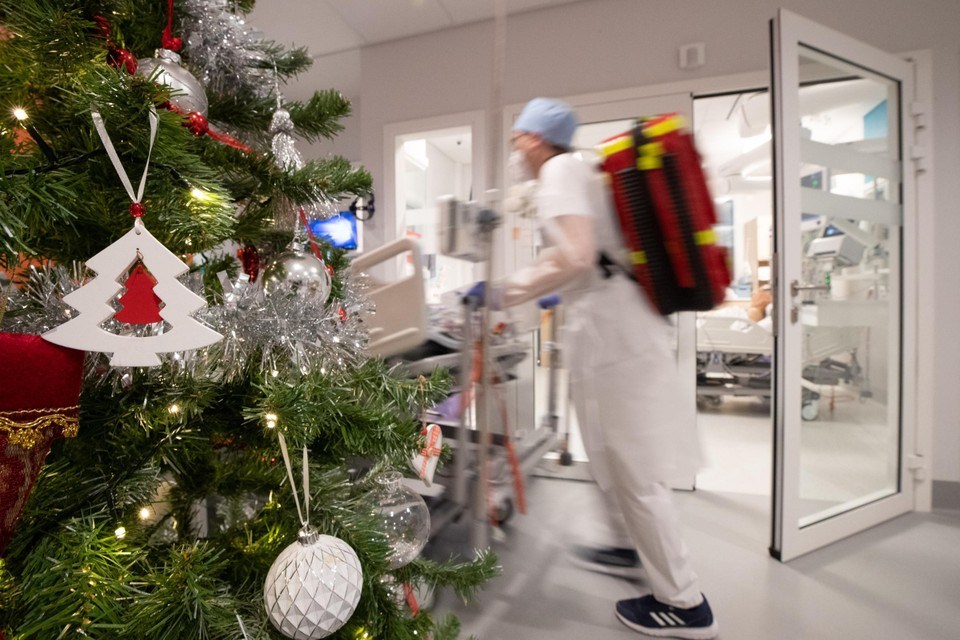Federal Health Minister Frank Vandenbroucke has said that he cannot rule out extra restrictions for the end-of-year period at the next Consultative Committee – which takes place three days before Christmas.
As the new and highly infectious Omicron variant is spreading rapidly, Vandenbroucke told De Morgen that there is no choice other than to hold on to the measures a little longer.
"I cannot rule out extra restrictions. We have to see how things evolve," he said, referring to the Consultative Committee meeting due to take place on Wednesday 22 December. "First and foremost, the priority now is to accelerate the booster campaign and to motivate people to continue following the existing measures."
Related News
- Booster doses now available just four months after Pfizer or Moderna vaccines
- Next Consultative Committee will not relax rules, says Vandenbroucke
- 'There can and will be a fourth dose,’ says Molenberghs
Exceptions to the current measures, such as the proposed later closing time for bars and restaurants on New Year's Eve, are definitely not on the table either, Vandenbroucke stressed.
"I do not think we are going to motivate people by saying that we are going to cause another lot of infections once again," he said. "I would say: listen to your common sense, limit your contacts, use self-tests and ventilate."
Additionally, it is still unclear how the Omicron variant will impact the pandemic. "Science is evolving rapidly. It is a question of constantly making adjustments and of being on the safe side."
"That means: absolutely no relaxations. None at all. That may be an unpleasant message, but it is also the most honest one," Vandenbroucke stressed. "We are going to have to keep this up until at least after the Christmas holidays."
Accelerated booster doses
In the meantime, the booster vaccination campaign will be accelerated, Vandenbroucke and Belgium's other health ministers decided at the Interministerial Health Conference (IMC) late on Wednesday evening.
Belgian residents who were initially vaccinated with the Pfizer or Moderna vaccines (which is the majority of the population) will now only have to wait four months instead of six before receiving a booster dose.
The decision was made because the booster is "a key element in the fight against Covid-19 that increases the effectiveness of the protection against the new Omicron variant," the Vaccination Taskforce stated in a press release.
The waiting period after the last dose of an AstraZeneca vaccine remains at four months, while a two-month period remains in place for the Johnson & Johnson vaccine.
In concrete terms, this means that the vaccination centres will adjust their capacity and invite more people sooner. This adjustment to the scheduling of booster appointments will also be updated on the Qvax reserve list for Flanders and Wallonia, and the Bruvax reservation platform in Brussels.
Now, "everything will be done so that the invitations can go out and people can plan their appointments for the coming days and weeks," the Taskforce added.

